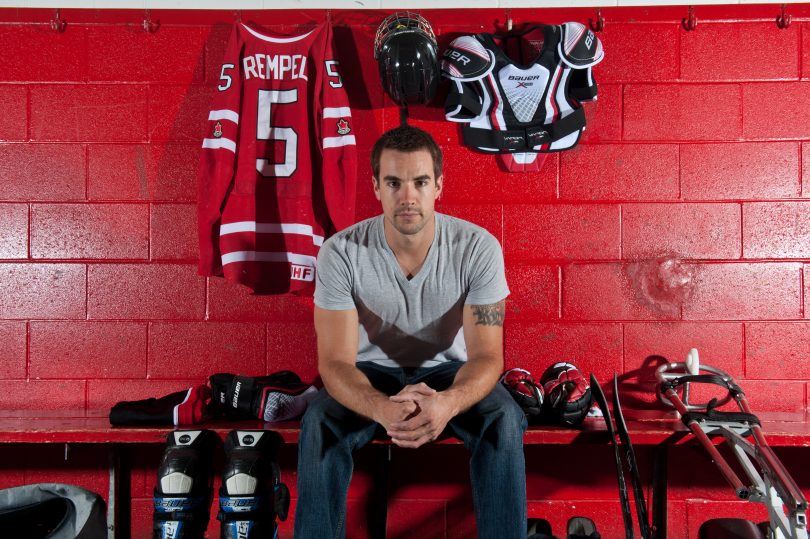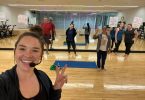By Dr. Natascha Wesch, PhD
High-performance athletes devote countless hours preparing to be the best they can be. They dedicate months, and even years, working towards one major event (e.g., Olympics, Paralympics, world championships). This total investment and complete focus allows them to achieve success, but it can also lead to a post-competition letdown.
This letdown is common for many athletes after they return from a major competition. Take the Olympics, for example. Athletes dedicate four years (or more) to peak at this one major event. Once the Olympics are over, and an athlete gets back home and into a routine life, a huge emotional letdown occurs.
Many athletes don’t see it coming, but they know something’s not right. An athlete can feel sad, unmotivated, even emotionally volatile (i.e., they cry easily or feel on edge for no apparent reason). Often, the athlete asks, “What’s wrong with me? Why do I feel so bad?” The issue can also be compounded by well-meaning friends and family who say “You should be happy. You’ve just come back from the Olympics!”
Any athlete – young, old, amateur, elite – can experience the post-competition letdown, and it’s not a matter of mental strength or weakness. So what can you do?
1. Anticipate it.
Knowing something is coming gives you time to prepare. It’s natural to feel a little down or unmotivated, but if this feeling persists for more than a month or so, it may be good to speak with someone about what you’re experiencing.
2. Relax and unwind.
Take the break you deserve and allow your mind and body to recover. You might need a week or a month – everyone is different. Take this time to do things you put off during your competition build-up. Catch up on life with friends!
3. Get into a routine.
Once you’ve given yourself a bit of time to chill out, get back into a regular routine – training, work, sleep, etc. and set some new goals. Start slowly and get back on track working towards your next goal!
“Managing the ups and downs of competition is ongoing in an athlete’s career,” says Kevin Rempel, a Canadian Paralympian. “I think as you gain experience, this task becomes easier, but also having things to look forward to outside of sport helps balance life and your career as an athlete.”
Dr. Natascha Wesch is a Mental Performance Consultant in private practice who works with athletes, coaches, and teams of all levels and sport backgrounds. To learn more and to contact her, visit her website: www.elitemindperformance.com.







